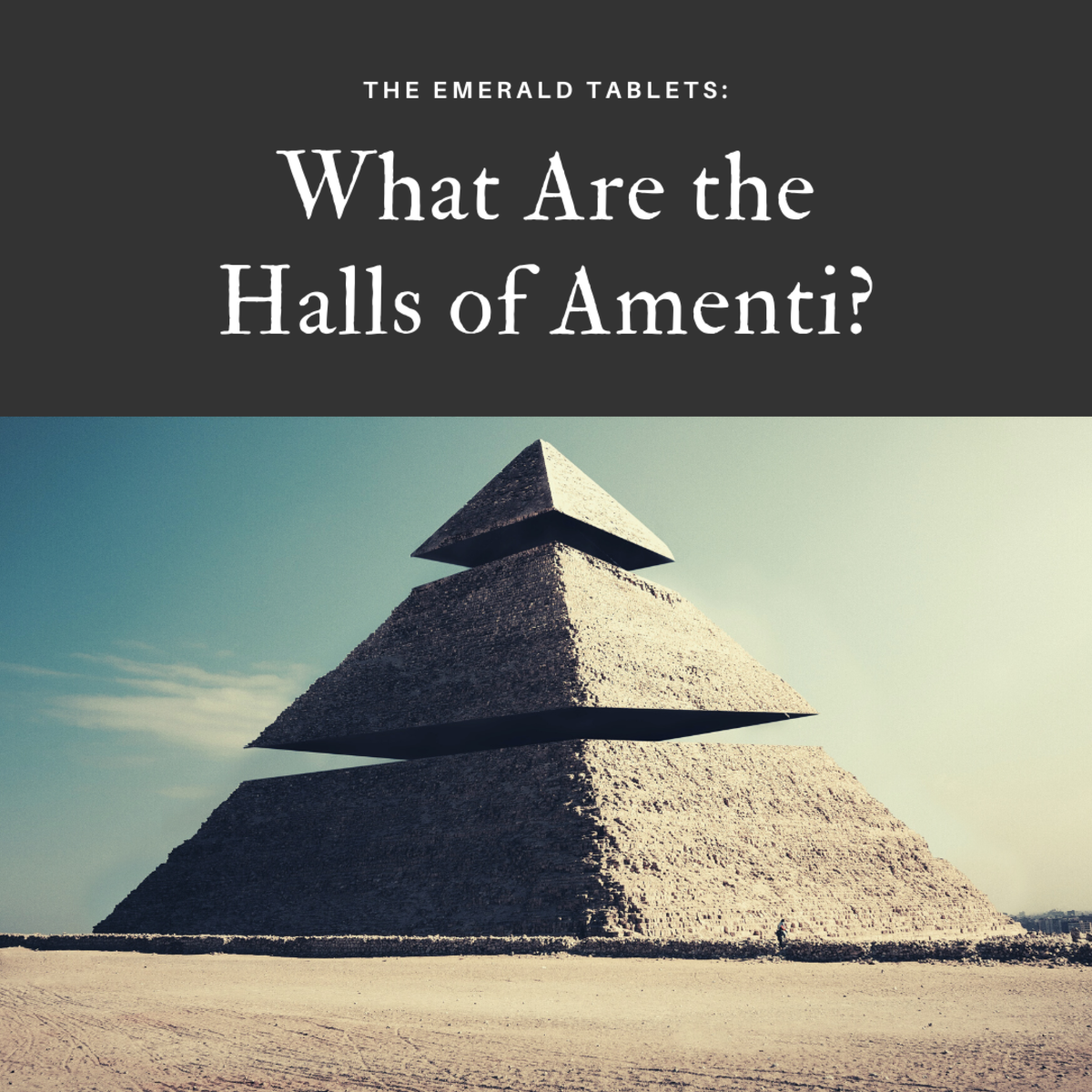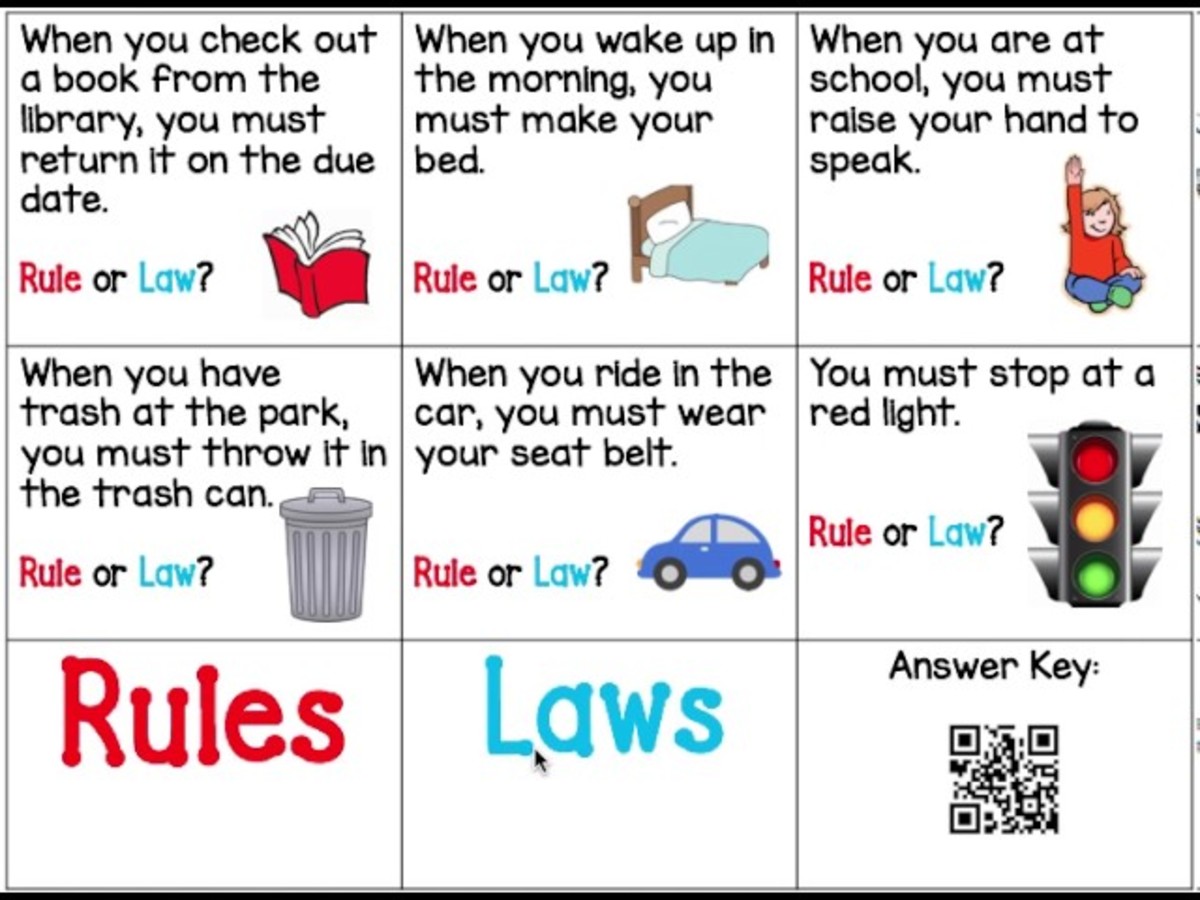Why Am I Afraid to Die? Ego Security, Fear of Death and Loss
Introduction
One of the deep and abiding problems of humanity is the fear of loss and what happens after death. For this reason we hang on to everything psychologically, fearing every loss, fearing every implication of death and ending. Hidden or conscious, this fear of death seems always with us. We will explore the roots of this problem and delve into the significance and meaning of the problem itself, without venturing outside of the problem for artificial solutions.

The Problem
Conformity, following, comes from fear and creates more fear. For the sake of security, we seek to follow something or someone; and in our search for security, we've exacerbated our confusion, which has led to inward and outward conflict and illusion.
And the more thought used to create security, the shakier things get. What you accumulate and maintain, you must inevitably lose; and you must inevitably desire more of it; the desire is a projection in time, which produces fear of loss or fear of not “getting”; and what this is, is the need to perpetuate the psychological pleasure derived from the false security of mere thought which is enmeshed in identity, ideology, image and ideal.
In this struggle, we will fight to keep the psychological trappings which match material trappings, pitting us against each other in continual conflict and competition: The competition of images, of illusions.
And, ironically, the other shoe is always going to drop unless we change.
What is the other shoe? What are we afraid of? And what exactly is anyone going to do about it?

The Fictional “I”, The Divisive “My”
In an effort to survive, which becomes an effort to succeed, we project images of ourselves, individually, which are rooted in ideology, status, identifications of various kinds. Each one opposed to another inwardly and outwardly; these images are projected in time, backwards and forwards, the past brought to the present and projected into the future. Simply, it is stale purporting to be new; but it is never new, and neither is the battle; the battle with others, the battle to survive, or the battle to win. It is distress inside and out. And in this contradictory and ironic way, we fight to live better by being in perpetual conflict.
This leads to what is mine and what is yours: My country, my wife, my property, my status, my identity, my religion; as opposed to your country, your identity, and so on. It's endless, yet all the same thing. An effort to survive psychologically, producing an incessant need to battle to maintain the identifications; which leads to more chaos, more violence, more distress.

Death and Creation
Ultimately, it points to a fear of death. To fabricate security, we have the fictional “I”, with its fictional possessions, opposed to and divided from the rest of the world; that illusory “I” acts on the world and against the world to accumulate more for itself for the sake of its survival. It is in its survival that destruction is unleashed on the world. It is only in death that there is freedom from the cycle of destruction. And in this there is true creation, a true incarnation now. The other shoe we fear will drop is death, and it must drop now. And it happens, it ends, there is death, when we see that the security we seek is illusion and so are all the divisive identifications.
In death there is no conformity, a person is alone, with no identification, no image, nothing opposed to another. It is the end of the accumulation, an emptying of thought, a total negation and silence; total awareness.
For Meaning and Background of Idiom "Waiting for the Other Shoe to Drop"
On Conformity, Death, Fear, Time, the "Me" and "I", Being Alone, and Creation
- TRADITION AND REVOLUTION - 'THE FIRST STEP IS THE LAST STEP'
Jiddu Krishnamurti - TRADITION AND REVOLUTION - 'THE FIRST STEP IS THE LAST STEP' - Think on These Things - Jiddu Krishnamurti
Jiddu Krishnamurti, Think on These Things - Commentaries on Living Series 2 - Jiddu Krishnamurti
Jiddu Krishnamurti, Commentaries on Living Series 2








